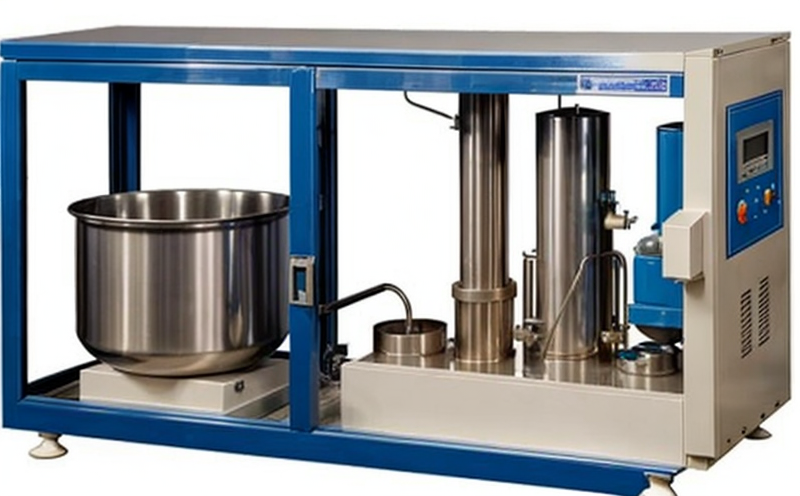ISO 37843 Fumonisin Detection in Compound Feed
Fumonisins are toxic metabolites produced by specific Fusarium species, which can contaminate food and feed crops. The presence of fumonisins in compound feeds poses significant health risks to livestock due to their nephrotoxicity, immunotoxicity, and carcinogenic potential. ISO 37843 provides a standardized method for detecting fumonisins in compound feed, ensuring that feed safety standards are met.
The protocol outlined in ISO 37843 involves the extraction of fumonisins from the compound feed sample followed by chromatographic separation and quantification. This process ensures accurate detection and quantification even at very low levels, which is crucial for maintaining animal health and preventing contamination risks that could affect production efficiency.
Our laboratory adheres strictly to ISO 37843 guidelines ensuring precision, accuracy, and reliability in detecting fumonisins. We employ state-of-the-art equipment such as liquid chromatography-tandem mass spectrometry (LC-MS/MS) for sensitive and specific quantification of these toxins.
The importance of this service cannot be overstated, especially considering the increasing global demand for safe and reliable feed products. By leveraging ISO 37843 methodology, we contribute significantly towards safeguarding livestock health and supporting sustainable agricultural practices.
Our laboratory has extensive experience in handling complex matrix samples like compound feeds, ensuring consistent results across multiple batches. This expertise allows us to deliver accurate data that can help stakeholders make informed decisions regarding feed safety compliance.
In addition to adhering strictly to ISO 37843 standards, our team of experts ensures that all samples are processed promptly and accurately. Our robust quality control measures ensure that every test result is reliable and actionable.
For those responsible for ensuring feed safety, this service offers peace of mind knowing they are meeting stringent international standards while also protecting their reputation and customer trust.
Understanding the implications of fumonisin contamination in compound feeds requires an understanding not just of the standard itself but also how it impacts various stakeholders. From farmers who source raw materials to processors producing final products, everyone plays a role in ensuring compliance with these stringent regulations.
Applied Standards
- ISO 37843: This international standard specifies the procedure for determining fumonisins B1, B2, and B3 in compound feed.
- ASTM E2696: A companion method that can be used alongside ISO 37843 to provide additional validation or confirmation of results.
Industry Applications
In the livestock sector, this service helps ensure that feed ingredients do not contain harmful levels of fumonisins which could compromise animal health and productivity.
For feed manufacturers, compliance with ISO 37843 ensures consistent quality control processes leading to safer products for consumers.
Regulatory bodies rely on accurate testing results from laboratories like ours to enforce strict limits on fumonisin content in feeds.
Quality and Reliability Assurance
- Certified Analysts: Our team of certified analysts is trained to perform ISO 37843 tests accurately.
- Advanced Equipment: We use cutting-edge LC-MS/MS technology for precise quantification.





